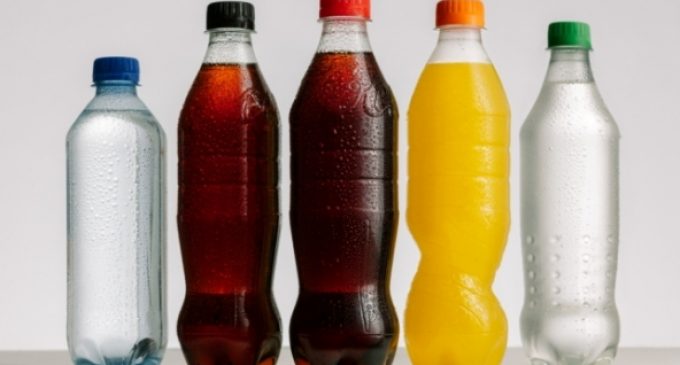Sweden to First Country Worldwide Where all Coca-Cola’s Plastic Bottles Will be Made From 100% Recycled Material

Coca-Cola Sweden has announced that, from 2020, it will make all of its plastic bottles from 100% recycled material, becoming the first country worldwide to do so. The transition will begin in the first quarter of 2020 and includes all plastic (PET) packaging made at Coca-Cola’s bottling plant in Jordbro.
By switching to 100% recycled material in its bottles, Coca-Cola will eliminate the use of 3,500 tons of virgin plastic each year in Sweden. This will also result in an annual reduction in CO2 emissions of 25 per cent over pre-transition levels, when the portfolio comprised approximately 40 per cent recovered PET.
The move to 100 per cent recycled plastics for PET bottles includes the brands Coca-Cola, Fanta, Sprite as well as Bonaqua, comprising 40 different variants.
“Plastic is an effective and valuable packaging material and we need to treat it as such, ensuring that nothing goes to waste. Coca-Cola Sweden wants to lead the development of a circular economy where all packages are collected so that they can be used again. We are taking a big step as we become the first market in the world to move to 100 per cent recycled plastic for the full PET portfolio that we bottle locally here in Jordbro,” says Sofie Eliasson Morsink, General Manager for Coca-Cola European Partners Sverige.
Coca-Cola has set out global goals to work towards a world without packaging waste, which include the goal to recover a bottle or can for everyone that they sell by 2030, and local markets are encouraged to go further and faster wherever they can. In collaboration with local and national partners, as well as through its brand communications, Coca-Cola Sweden wants to encourage all consumers to return all packaging so none of them end up as litter in nature by mistake.
“Sweden is at the forefront in several areas associated with packaging and sustainability. Our deposit and return system, Returpack, is among the best in the world, which is instrumental to our making this transition now. As a large industry player, we have a responsibility to contribute to circular economy within the beverage industry,” says Sofie Eliasson Morsink.

































